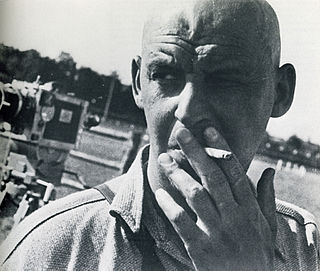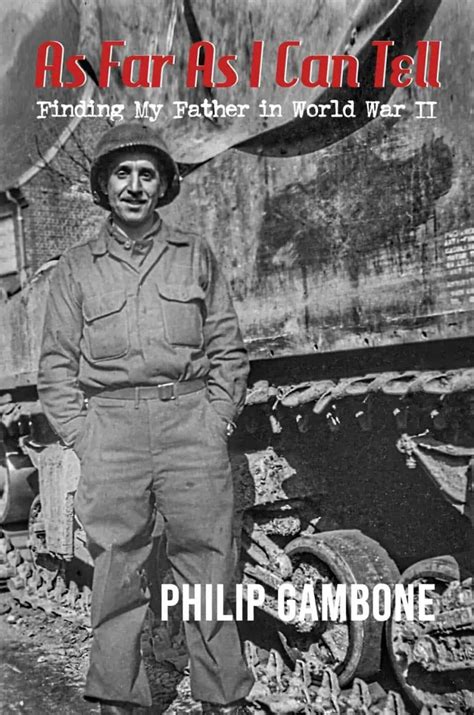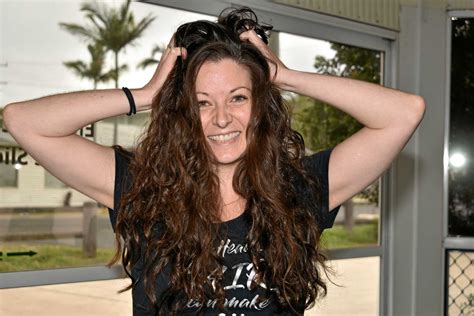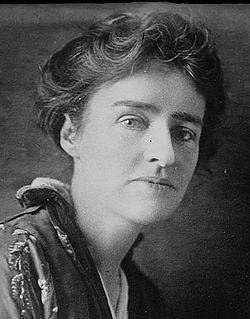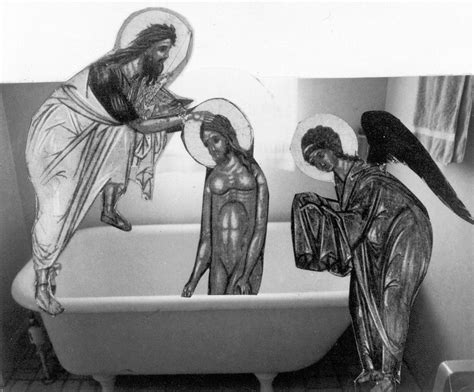A Quote by Herbert Spencer
Objects we ardently pursue bring little happiness when gained; most of our pleasures come from unexpected sources.
Related Quotes
I like to be depressing. I feel it's my duty to make everyone a little less happy. You know that line in the Declaration of Independence, "the pursuit of happiness"? I've come to think that it has no meaning at all. You cannot pursue happiness. And to think that this bad little sentence has determined our lives.
Pain and pleasure, good and evil, come to us from unexpected sources. It is not there where we have gathered up our brightest hopes, that the dawn of happiness breaks. It is not there where we have glanced our eye with affright, that we find the deadliest gloom. What should this teach us? To bow to the great and only Source of light, and live humbly and with confiding resignation.
I believe compassion to be one of the few things we can practice that will bring immediate and long-term happiness to our lives. I'm not talking about the short-term gratification of pleasures like sex, drugs or gambling (though I'm not knocking them), but something that will bring true and lasting happiness. The kind that sticks.
I do believe that fundamental to any real hope is that we do need to reconstitute what has been generally handed out as the recipe for "happiness" for the human race, and what has generally been decided counts as "progress." People arrive at a different understanding of happiness, however fragile it is. They find it in unexpected ways, in the most unexpected of places.
Clyde Phillip Wachsberger's delightful memoir about tending beds of flowers as compensation for a lonely middle age only to find unexpected romance along the way is a sweet reminder that, as he puts it, 'anything can happen in a garden.' In prose that balances candor with perfect courtesy, he charms us with the message that keeping a garden with a beloved companion, this most ephemeral of all the arts, can bring us the most enduring joys and pleasures.
It isn't the great big pleasures that count the most; it's making a great deal out of the little ones--I've discovered the true secret of happiness, Daddy, and that is to live in the now. Not to be for ever regretting the past, or anticipating the future; but to get the most that you can out of this very instant.
Simply to have all the necessities of life and three meals a day will not bring happiness. Happiness is hidden in the unnecessary and in those impractical things that bring delight to the inner person. . . . When we lack proper time for the simple pleasures of life, for the enjoyment of eating, drinking, playing, creating, visiting friends, and watching children at play, then we have missed the purpose of life. Not on bread alone do we live but on all these human and heart-hungry luxuries.








